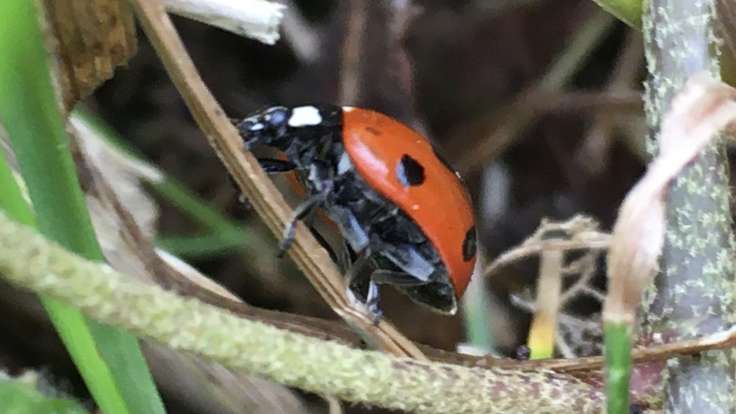
A ladybird, alas I didn’t count the spots
Gardening for others is so much more rewarding, particularly when you know their names
Benjamin Vogt’s @BRVogt article Native Plants, Racism, & the Colonizing Nature of Garden Language is thought provoking stuff.
when we learn the names of fauna in our gardens – spider, beetle, bee, and wasp – we learn their life cycles and what they need to thrive
This idea of wildlife gardening for everyone and everything is the title of @Kate_Bradbury’s excellent book. It pulls the focus back, away from a narrow human aesthetic and toward a new garden ethic.
To this end, I am going to start cataloguing the creatures I come by and I will start to learn their names. It’s going to be a bit painful as I have panoramic blindspots in the natural world but I shall persevere and honestly, it will be more for my benefit than anyone else.
I do think it’s an interesting use of language, a liberating use rather than one of containment. As Vogt puts it so eloquently
naming is considered a classic act of ownership in environmental philosophy, in this case naming may be a gateway to equality
On with the animals
In order of appearance in just a few hours gardening. I will fill in the names at a later date!
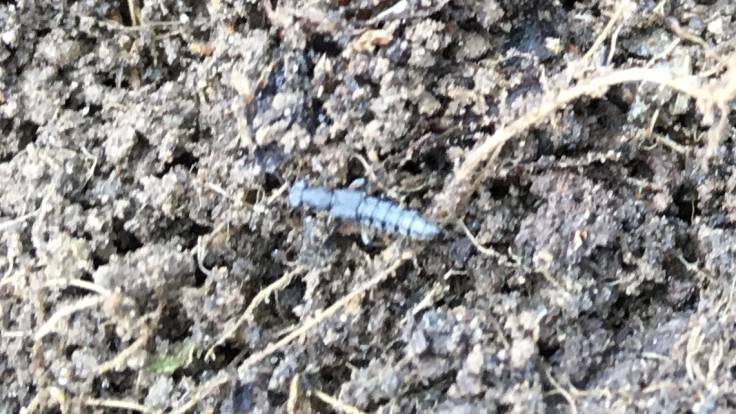
Is this some sort of Devil’s Coach Horse?
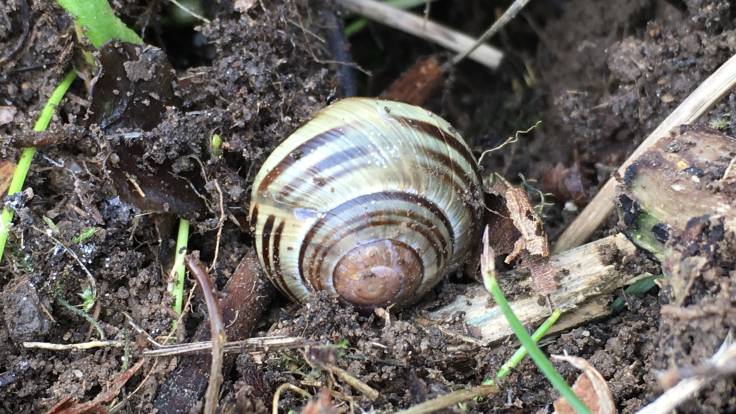
A snail, a stripey snail
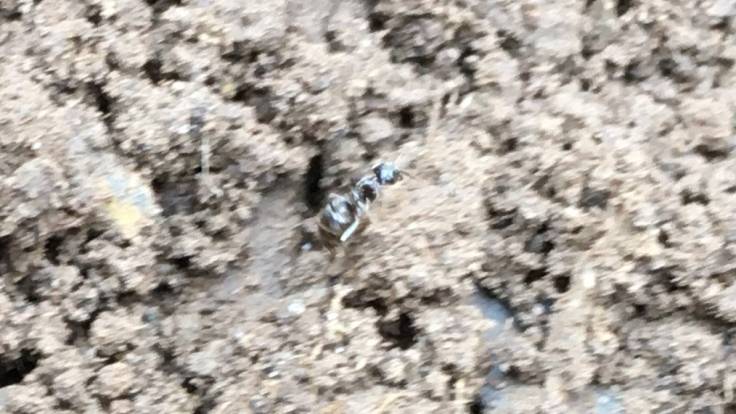
A black ant

A ladybird
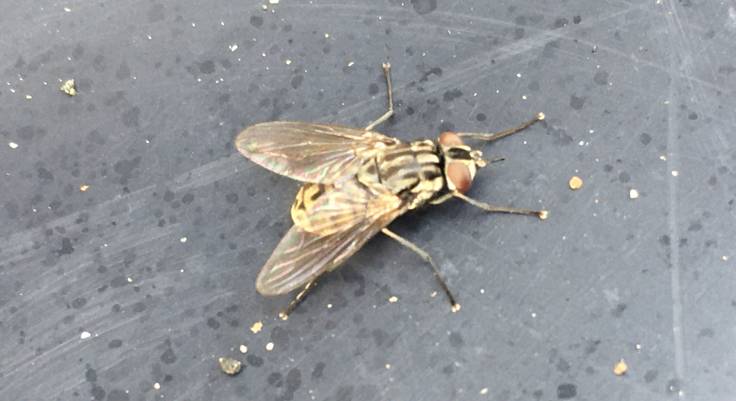
A fly, not sure what kind, very fly like
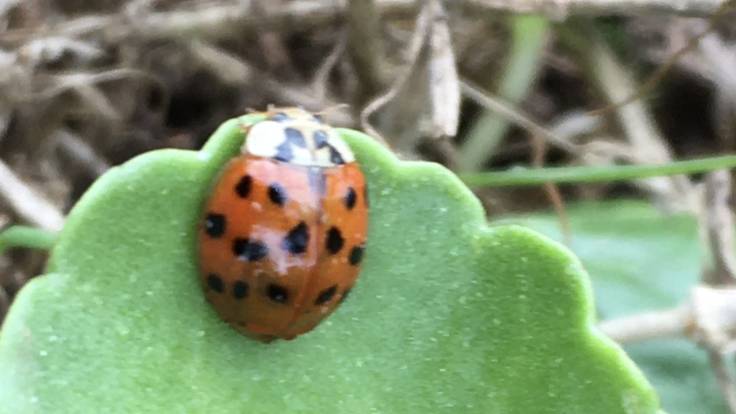
Another ladybird!
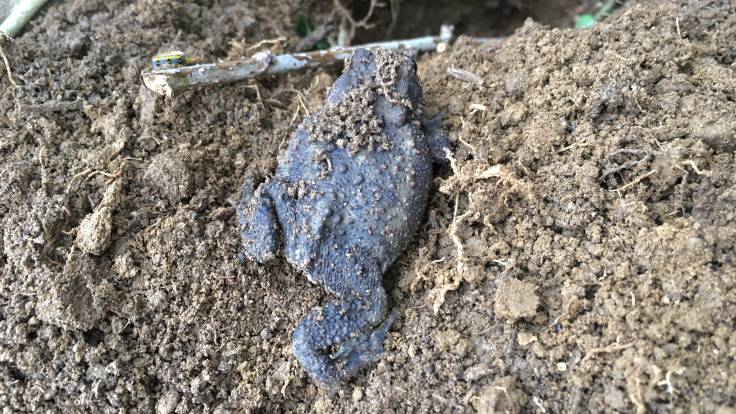
A toad! Bufos bufos being the scientific name
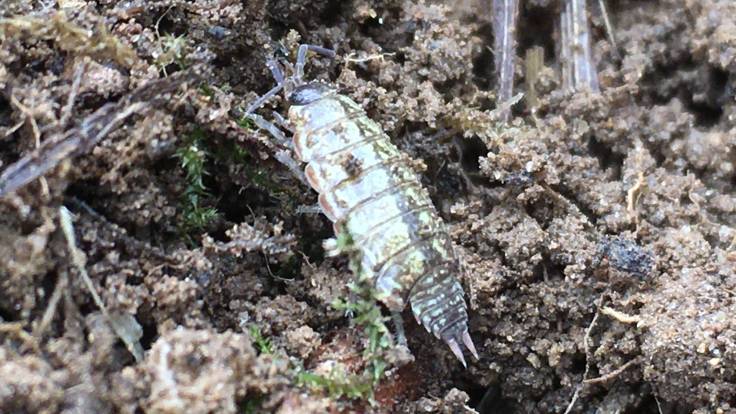
A lovely woodlouse, slightly stripey
I also saw:
- Short legged daddy long legs
- Medium-small spider with stripes along abdomen
- Crow
- Jackdaw
- Wood pigeon
- Seagull
So, my next step is to find their full names, and then find out what they eat, where they nest, what their babies eat. To help me with that task, there is the excellent UK Database of Insects and their Food Plants.